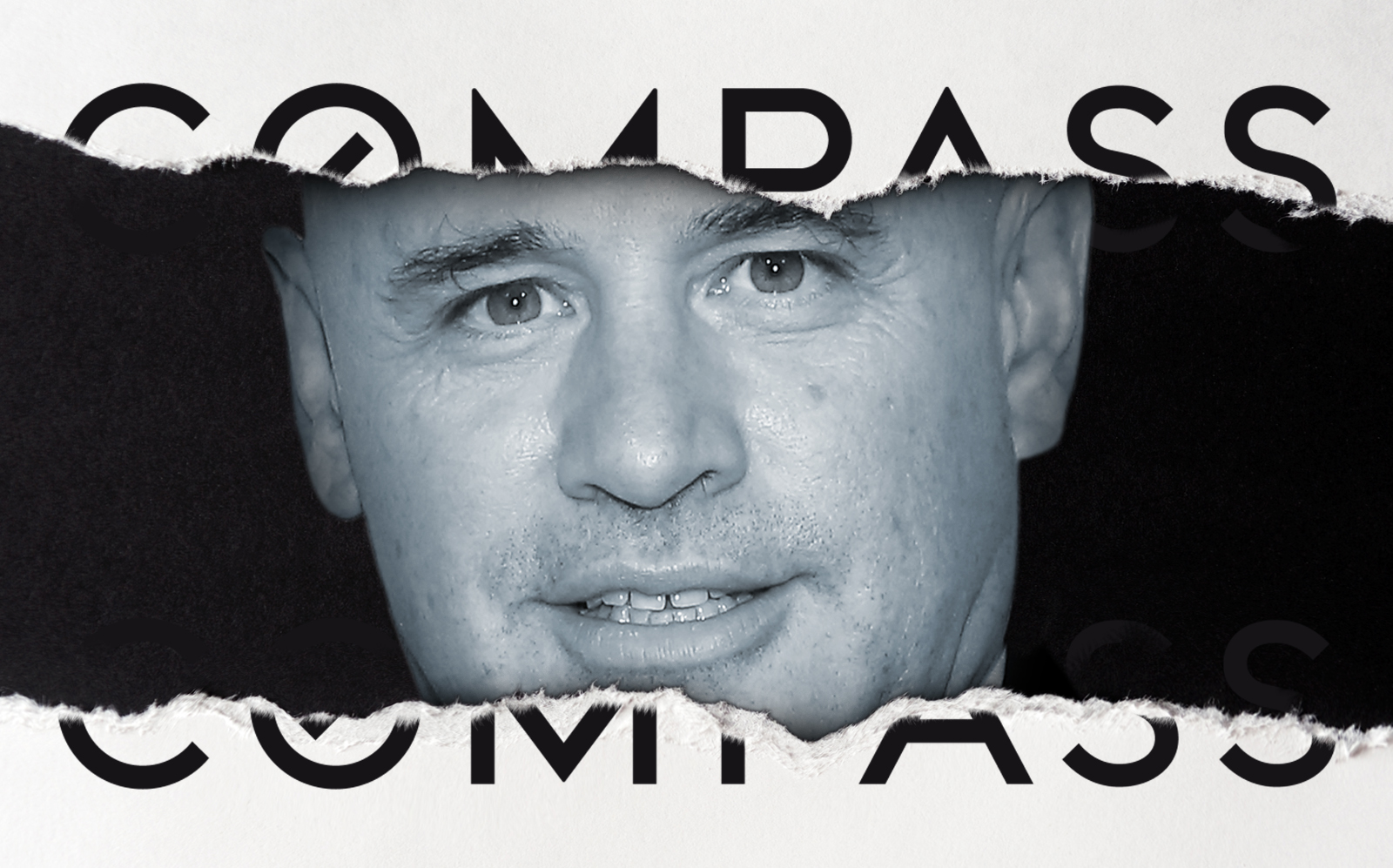
Hedge fund manager Robert Citrone (Getty)
As an emerging markets specialist, hedge funder Robert Citrone is used to eyeing distant shores for his next investment.
His bet on Compass — and by extension the U.S. housing market — hits a lot closer to home.
Citrone’s Discovery Capital Management is Compass’ second-largest shareholder, with a 9.2 percent stake, according to Compass’ S-1, filed this week ahead of its impending public offering.
Discovery’s investment was not previously reported, and the size of its stake is second only to SoftBank’s, which owns nearly 35 percent of the brokerage. The next biggest shareholders are co-founder Ori Allon, CEO Robert Reffkin and CTO Joseph Sirosh.
A former high-school wrestler who grew up in Pittsburgh, Citrone, 56, is among a group of investors known as Tiger Cubs, who worked for hedge fund legend Julian Robertston’s Tiger Management.
Citrone started his career as a corporate-bond analyst at Fidelity in 1990 and joined Tiger in 1995. He left in 1999 to start Discovery Capital Management, which is based in South Norwalk, Connecticut, attracting capital from investors such as George Soros and Robertson. In 2012, he and his wife, Cindy, became minority owners of the Pittsburgh Steelers. He made it to the Forbes billionaire’s list in 2017, with a net worth of $1.1 billion, but fell off the following year after Discovery posted a rough few years of returns.
Unlike his peers who are active on Twitter, such as Third Point’s Daniel Loeb or Point72’s Steven Cohen, Citrone keeps a low profile, rarely speaking at investment conferences or making TV appearances. He’s said to favor Hawaiian shirts and Steelers gear. He has a notoriously messy office, according to a 2013 Wall Street Journal profile, but makes extremely precise bets in a number of areas.
Read more


“The guy’s a walking encyclopedia,” investor Chris Shumway, a former Tiger colleague, told the Journal for the profile. “He’s not going to be an expert on everything all the time, but he tries to be an expert on the things that matter.”
Housing bet
As a “macro” hedge fund, Discovery has bet on broad market swings and economic trends, particularly in emerging markets.
It currently has $3.6 billion in assets under management, down from $12 billion in 2013, regulatory filings show. That year, its returns were up 15 percent through the first half of the year, among the best performances by a big hedge fund, according to news reports.
Discovery invested in Compass the following year, joining Salesforce’s Marc Benioff and Advance Publications in the startup’s $40 million Series B. “We keep track of highly successful entrepreneurs and [Ori] Allon was one of them,” Discovery said in a statement. Prior to founding Compass, Allon sold startups to Google and Twitter.
After a rough couple of years, the fund bounced back and posted “scorching gains” of 55.5 percent in 2020, according to Institutional Investor. In January, it had gains of 6.45 percent.
Today, the fund’s portfolio is dominated by tech and healthcare picks, according to WhaleWisdom, which collects data on asset managers.
Discovery owns 4.5 million shares of data analysis company Palantir, for example, a stake currently valued at $107.7 million. It also holds a $61 million stake in Fiserv, a financial technology company, and a $60.7 million stake in the computing giant Intel.
In its statement, Discovery said it has a track record of backing “innovative companies that are shaping the future of their respective sectors,” citing early investments in Uber, Lyft, Spotify, Alibaba Group and Ant Group.
“We have strong conviction that the technology and tools that Compass is building for agents will help them grow their business and better serve their clients,” it said.
Regulatory filings show that after its initial investment, Discovery increased its wager on Compass in 2018, investing $15 million in a Series F that was led by SoftBank and the Qatar Investment Authority. In conjunction with that investment, at $118 per share, Discovery also made a tender offer and bought $23 million worth of stock from prior investors.
Road to IPO
Compass’ early backers now stand to reap the greatest returns on its IPO. Along with Discovery, those include 406 Ventures, Joshua Kushner’s Thrive Capital and real estate players
including LeFrak, the Naftali Group and the Rudin family.
According to Compass’ S-1, its revenue grew 56 percent in 2020 to $3.7 billion. It lost $270 million last year, down from $388 million in 2019.
In a founder’s letter included in the filing, CEO Robert Reffkin pitched Compass’ vision for boosting agents’ productivity by giving them novel technology. The claim is one that rivals have challenged, arguing that Compass’ tools are elegant but not disruptive.
But investors like Discovery believe otherwise. “Similar to what the Bloomberg application did for investment professionals or Adobe Create Suite did for design professionals, the Compass platform will over time transform the way agents do business,” it said.
